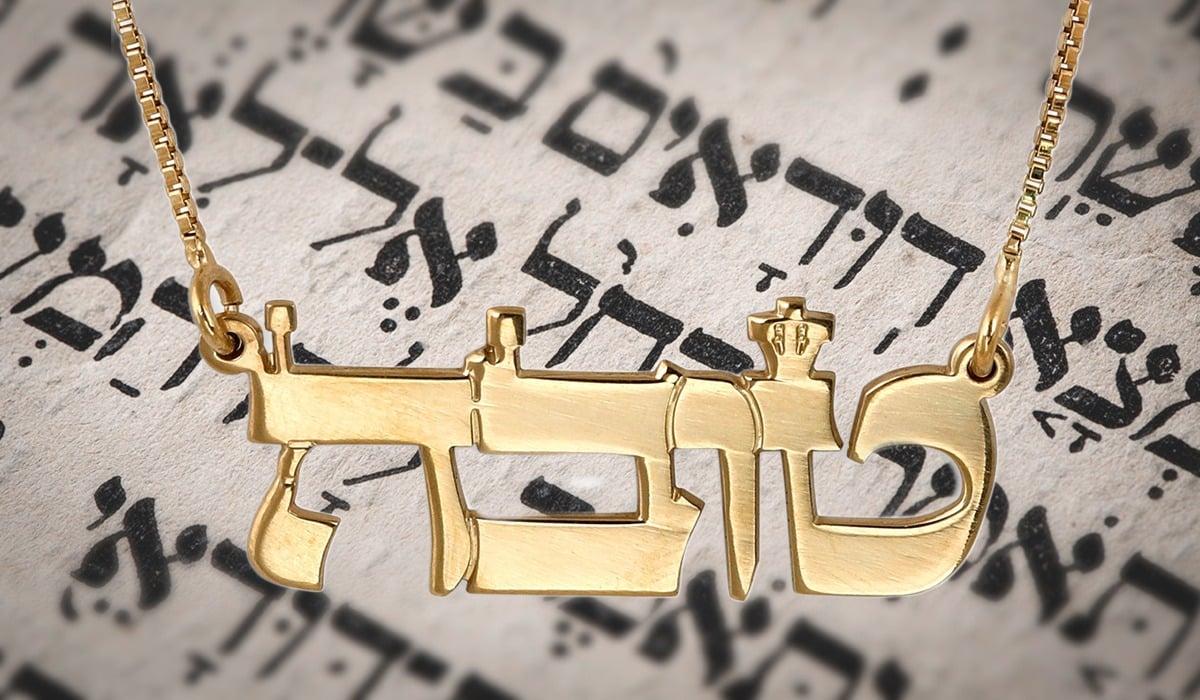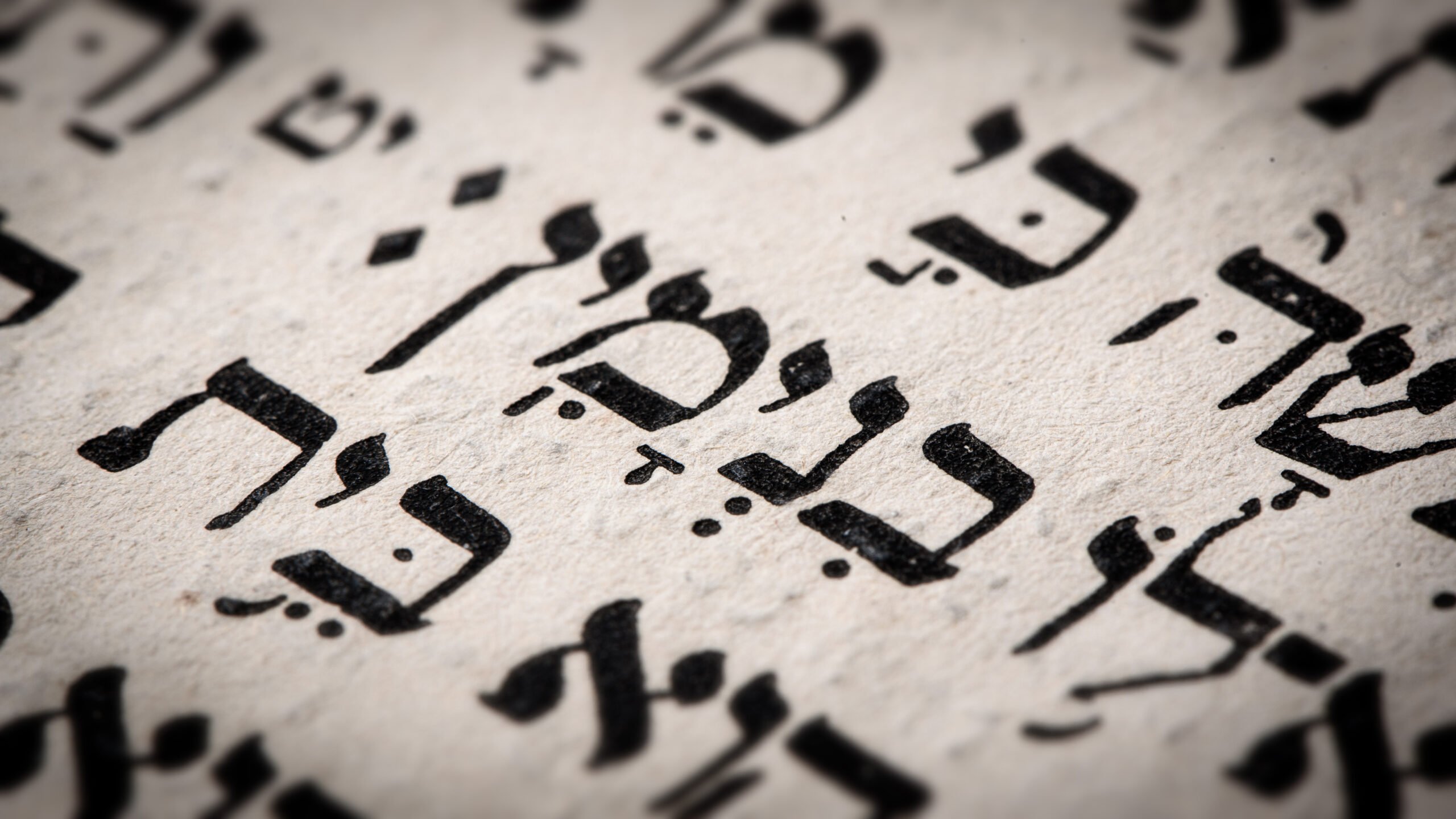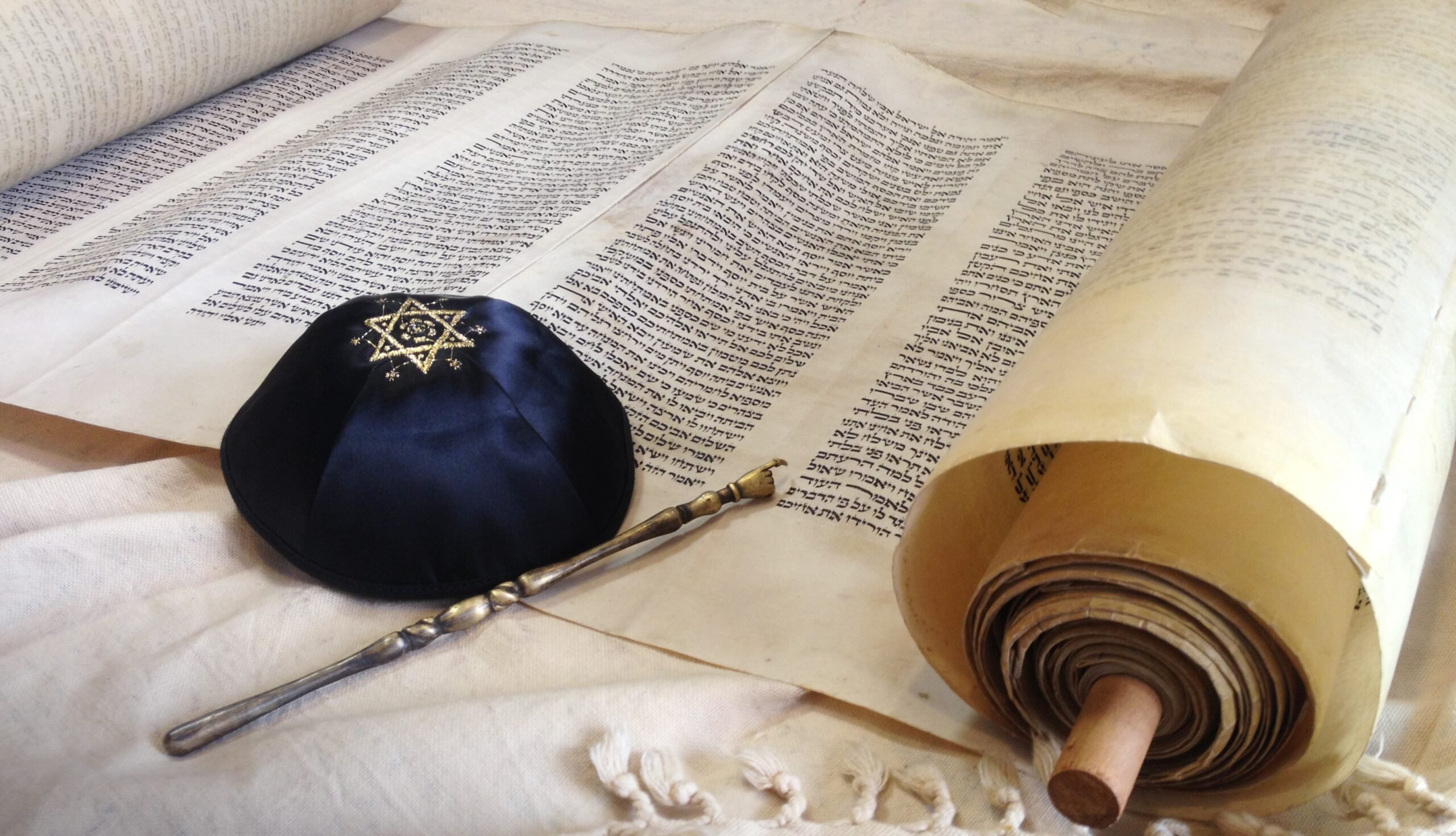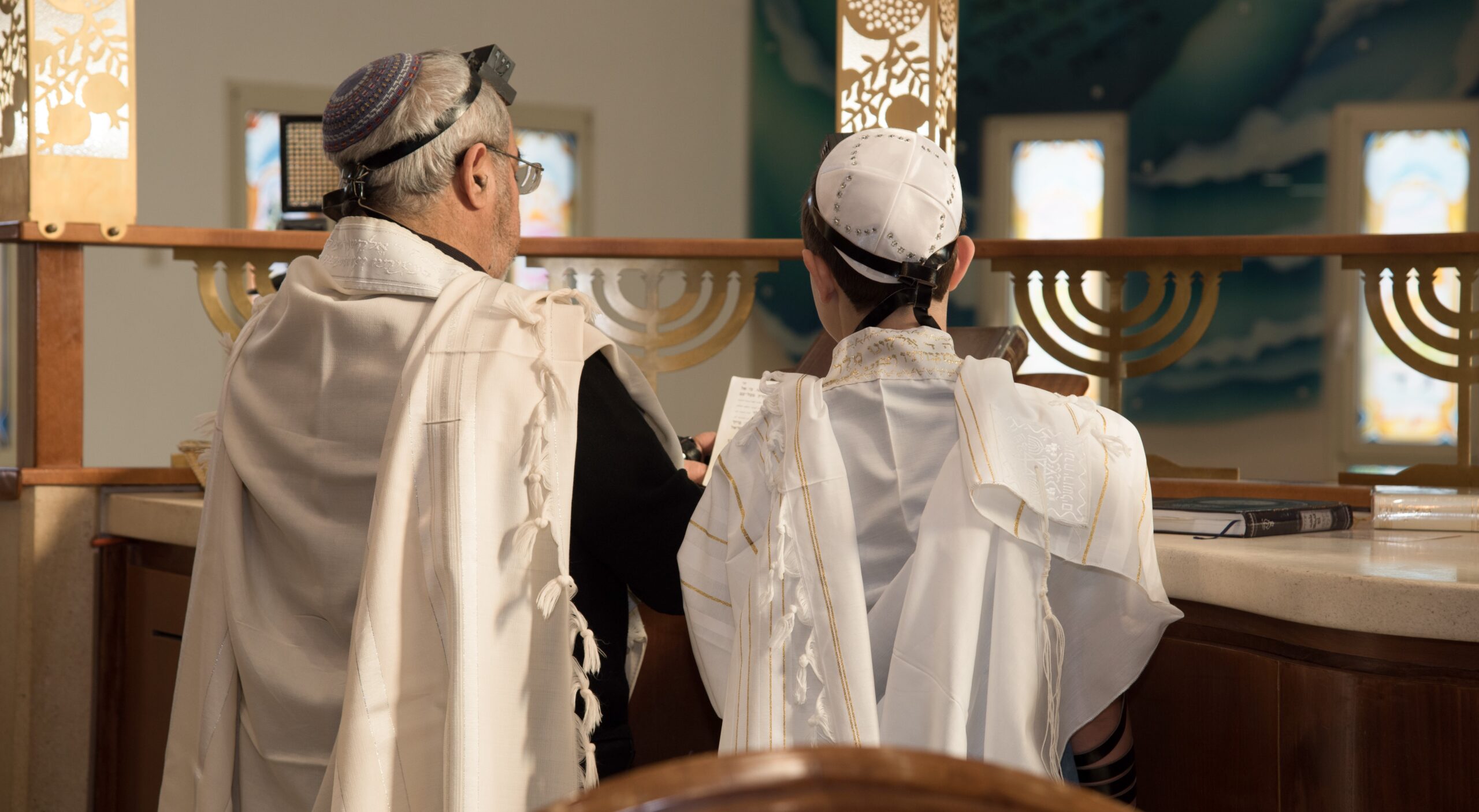
What’s in a name? Learn everything you’ve wanted to know about Hebrew names and Jewish naming traditions!

There is a common practice in certain diaspora Jewish communities of having a separate “Hebrew name” in addition to one’s secular or legal name – this is the name used in religious contexts, and perhaps socially in Jewish circles.
Some people only ever use their Hebrew name when necessary in ritual contexts, like getting called up to the Torah during prayer services or on a ketubah (Jewish wedding document), while others may use it in all Jewish contexts or interchangeably with their secular name, or even use their Hebrew name in all social contexts and the secular version only on legal documents. It is also not uncommon for some Jews switch to using their Hebrew name as their first name socially, or even have it changed legally, when moving to Israel or after they convert to Judaism or become more religious.
And of course, some people simply have one name for all purposes, which is particularly common in Israel, and their regular given name IS their Hebrew name!
People often simply use a Hebrew translation of their English name as their Hebrew name – for example Elizabeth becomes Elisheva, Hannah becomes Chana, Jacob becomes Ya’akov, and so on. For others it may be something similar, share a first letter, or be totally unrelated.
Hebrew names are often based on Biblical characters, though there are also many that are Hebrew words – like Shira for “song” or Aviva for “spring” – or actually represent a Hebrew phrase, such as Eliana which means “God answered me.” And some “Hebrew names” are actually not Hebrew but come from other languages like Yiddish, such as Anshel or Shayna.
A full Hebrew name consists of one or more first names, followed by ben (meaning “son of”) for boys/men or bat (“daughter of”) for girls/women, followed by the parents’ first names. Some modern Jewish movements also recognize a gender-neutral option, mibeit (“from the house of”).
Shop Hebrew name jewelry from Israel! Get the most stunning expression of Jewish pride and heritage with your or a loved one’s Hebrew name on beautiful, Israeli-made jewelry.

In Jewish tradition, we use Hebrew names when getting called up to the Torah at a public prayer service, when someone else is praying for us, and at weddings and funerals.
The entire Hebrew name with both parents’ names is not always used; we typically only use the person’s name and mother’s name when praying for them, while in the other situations it can vary by community and movement, with usually only the father’s name used in more traditional circles and both in more egalitarian ones.
Usually, one’s parents pick their Hebrew name, which is given to boys at their bris or brit milah (circumcision) and to girls at their simchat bat or baby naming ceremony.
If one wasn't given a Hebrew name, it’s fine to just use their secular name for ritual purposes! However, many people prefer and encourage others to have a specifically “Jewish” name as it can be more spiritually meaningful.
Luckily, it’s possible to pick and take on your own Hebrew name, or even change the one you already have if you don’t like it. You just need to be called up to the Torah at a prayer service using your desired name, and once it’s used publicly in such a communal context, it’s officially your Hebrew name!
There is a Jewish tradition to pass on names and to name one’s children after relatives, although this is not a requirement. Ashkenazi Jews have a strong superstition against naming after someone who is still alive, and generally only name after deceased relatives. Sephardi Jews, meanwhile, may name after either living or deceased family members, and many Sephardi grandparents look forward to passing on their name to a grandchild while they’re still alive.
Naming one’s child after a beloved relative is a way of honoring the person and keeping their memory alive, as well as expressing a wish that the child will be blessed with the most admirable qualities of that person and will emulate their virtues. Some people also believe that the soul of a deceased loved one will live on through someone who is named after them.
It is also not unprecedented in Jewish tradition to name after a righteous person one admires but is not related to, or even as a way of honoring a non-Jew who is held in particularly high esteem by the Jewish community. For example, many Jews started naming their children Alexander after Alexander the Great who treated the Jews of Judea particularly well.

Many Jewish parents take great care when picking a Hebrew or secular name for their child and imbue it with special meaning related to their family history, whether it’s naming after someone directly or passing on the same meaning or similar sound of a name. And learning about the history and meaning of their name is a wonderful way for Jewish children to connect to their family history and the entire Jewish people!
You can honor your or your child’s Hebrew name and with a beautiful Hebrew name necklace or other stunning name jewelry from the Land of Israel!
Check out our incredible collection of personalized name jewelry from Israeli artists, as well as our guide to different categories and our top must-see favorites.
Subscribe to JudaicaWebStore mailing list to receive updates on new arrivals, discounts and special offers
IL GLOBAL INC
3 Germay Dr Ste 5 PMB
23545 Wilmington, DE 19804,
USA





Owned by IL GLOBAL INC maintains its offices and warehouse in Jerusalem, Israel.© 1999-2024 Buy unique Israeli Judaica, for sale exclusively online
Owned by JWG Ltd, maintains its offices and warehouse in Jerusalem, Israel. © 1999-2022 JWG Judaica and Dead Sea Cosmetics

